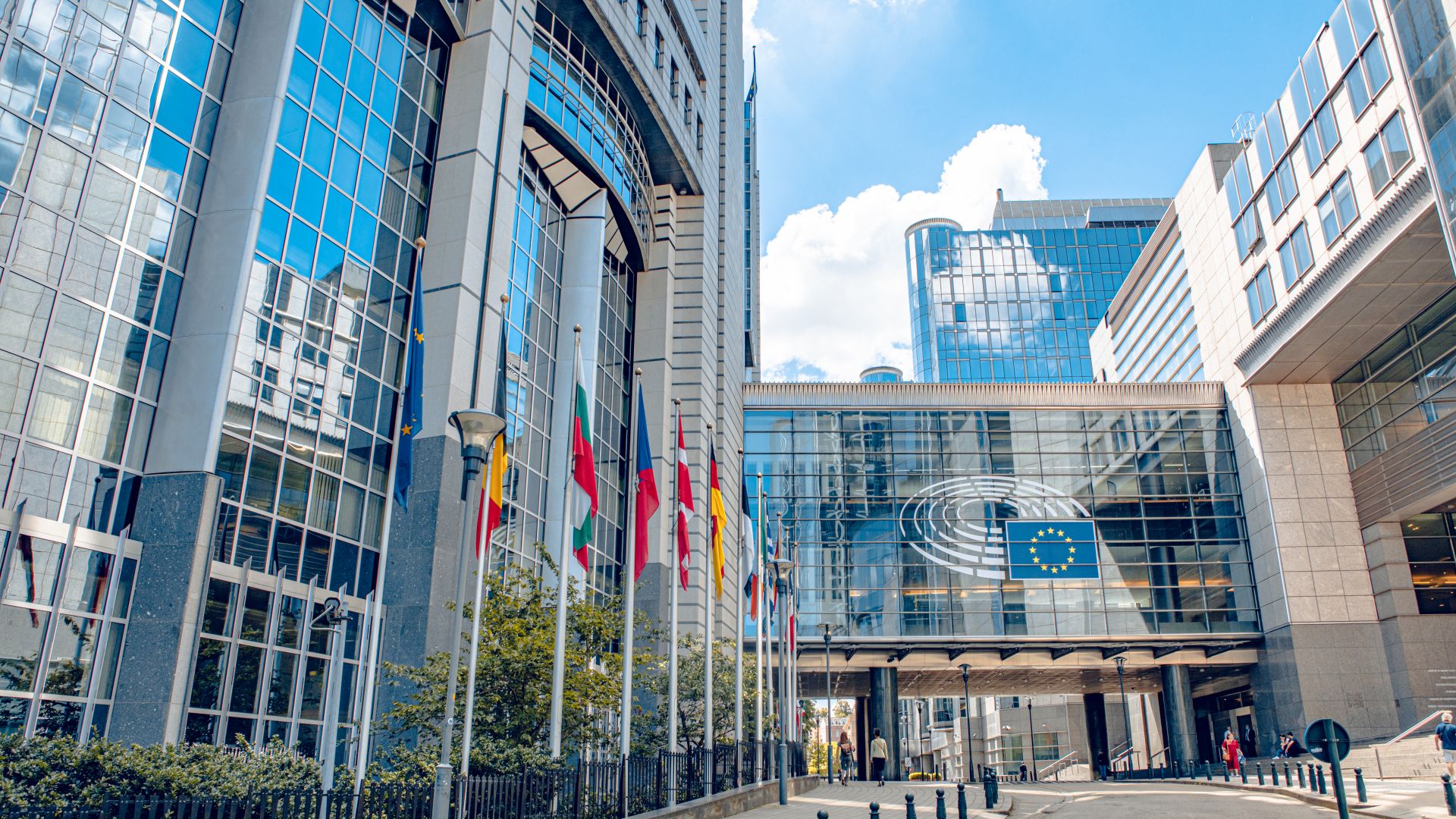ASTANA — The European Parliament elections could be pivotal for the future of the European Union (EU) and its relations with Central Asian countries, including Kazakhstan. As the EU aims to develop trade and energy corridors bypassing Russia, a strong emphasis will be placed on regional cooperation, prioritizing connectivity in trade, energy, transport, sustainable development, and human rights.

Photo: Lena Wurm/Shutterstock.
According to Marat Ramazanov, the chief expert of the Department of European and American Studies at the Kazakhstan Institute for Strategic Studies (KazISS), the elections are significant for the continued development of systematic cooperation between Kazakhstan and the EU. Relations were established post-independence in 1991, and Kazakhstan was the first Central Asian state to sign and ratify the Enhanced Partnership and Cooperation Agreement with the EU in December 2015.
The European Parliament approved a resolution on the EU Strategy for Central Asia on Jan. 17. The comprehensive document includes expanding political and economic partnerships with Kazakhstan and recognizing its geostrategic importance.
“Investment and development of Kazakhstan’s transit and transport industry, including the Middle Corridor, will remain priorities,” said Ramazanov.
Ramazanov added that there will also be a focus on integrating Kazakhstan’s infrastructure with the Trans-European transport network and expanding cooperation within the EU’s strategy for Central Asia and the EU’s Global Gateway strategy.
“The 21st meeting of the Kazakhstan—EU Cooperation Committee, held in Brussels on June 5, underscored the commitment to developing these cooperative efforts,” added Ramazanov.
The European Parliament concluded the first elections after Brexit from June 6 to 9. National parties were determined by direct universal suffrage of citizens of 27 European Union (EU) countries, filling 720 seats distributed among political factions.
The center-right European People’s Party (EPP) retained the leadership in parliament with 190 seats and the center-left Progressive Alliance of Socialists and Democrats (S&D) with 136 seats. The liberal faction Renew Europe secured 80 seats, while the Greens’ representation dropped to 52 seats.
“These factions support strengthening the EU and oppose Euroscepticism,” said Ramazanov
According to Ramazanov, right-wing and far-right factions such as Identity and Democracy, with 58 seats and European Conservatives and Reformists (ECR), with 76 seats, gained ground, reflecting a shift in public sentiment. Their rise was marked by victories in key EU countries such as France, Italy, Germany and Austria.
